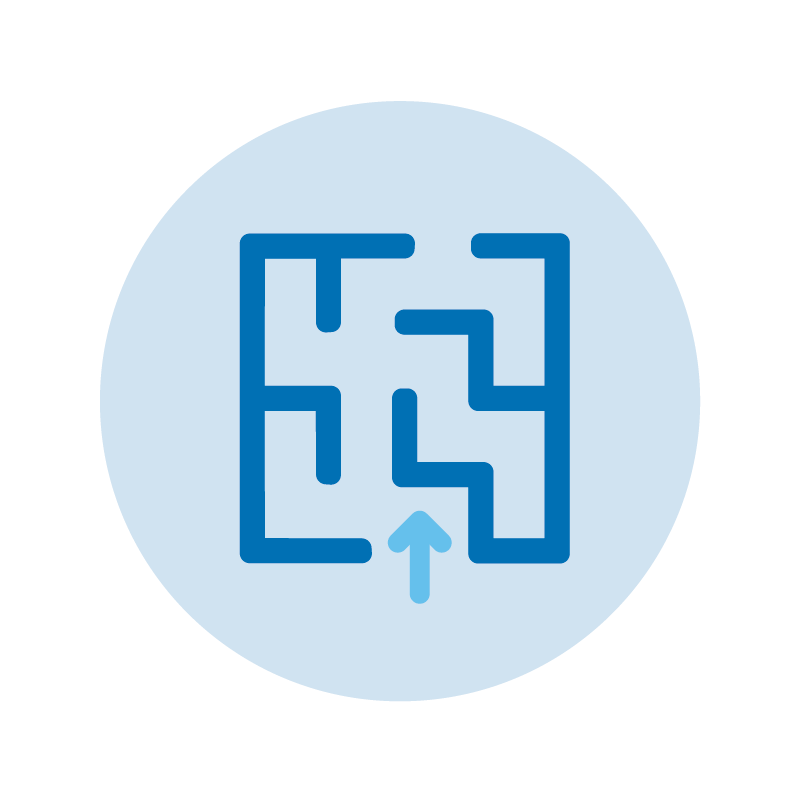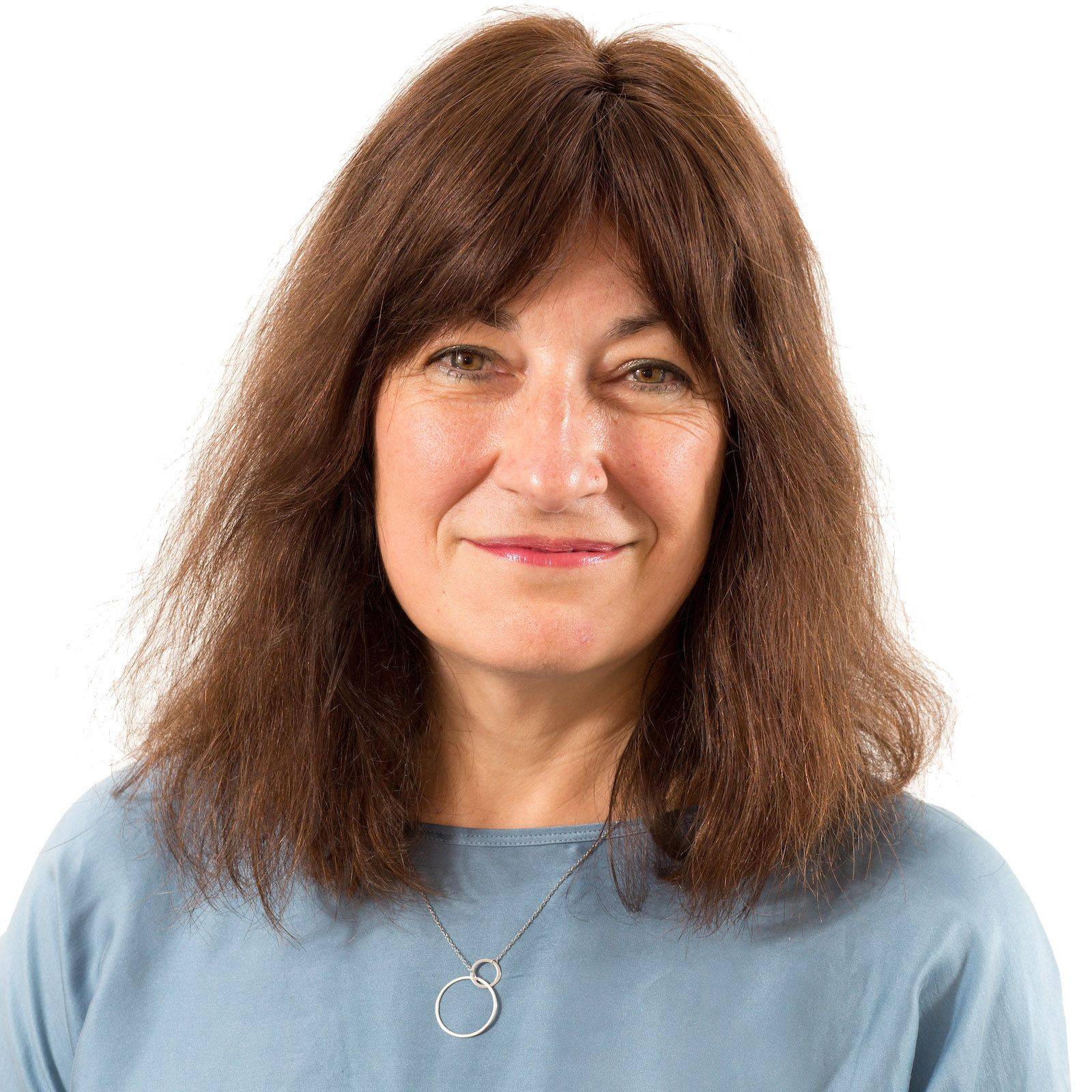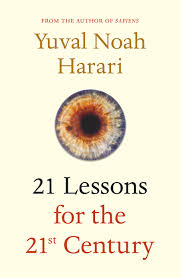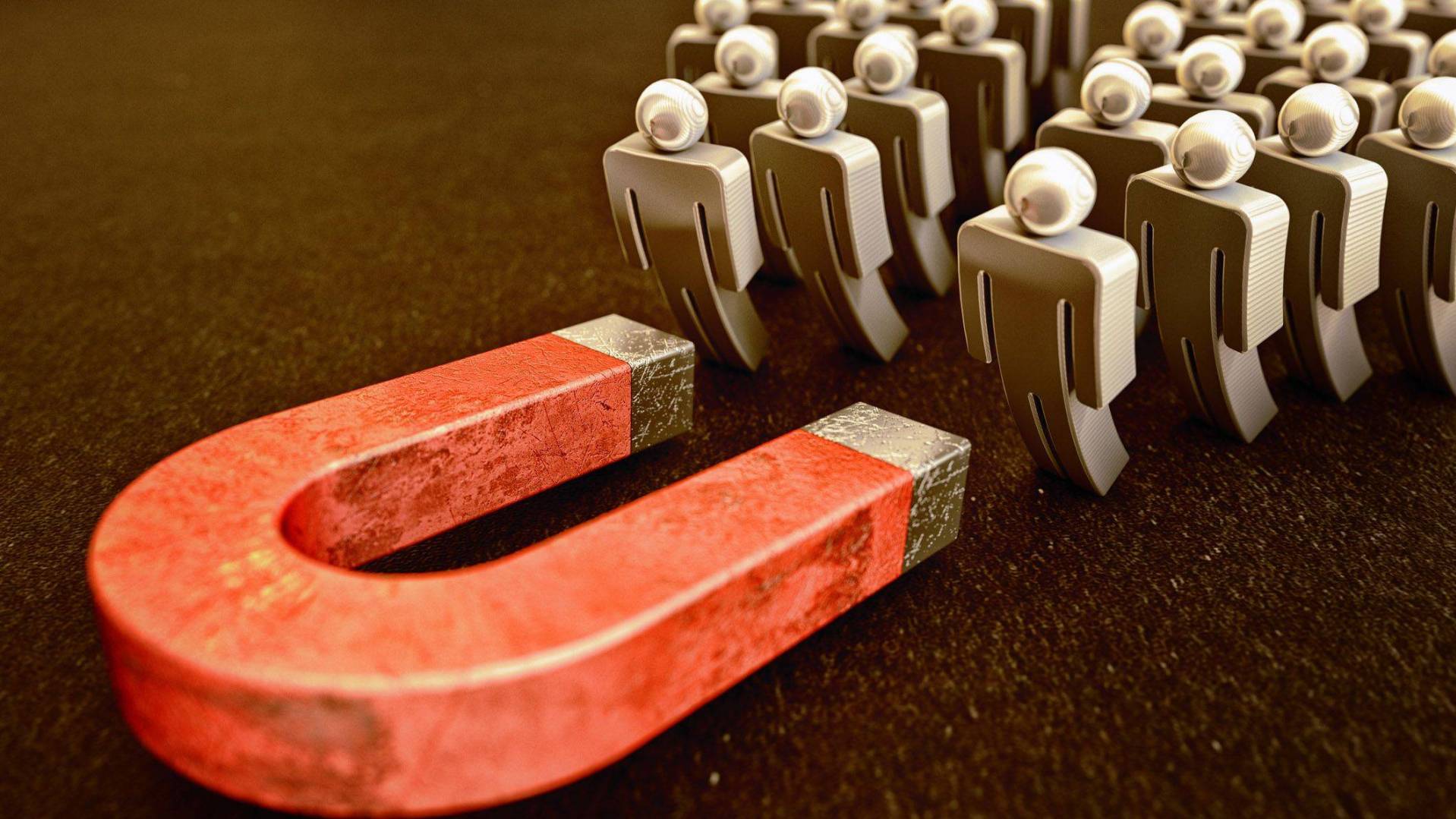Photo: Istock
Thinking big and small

STRATEGY

Radojka Miljevic
Partner, Campbell Tickell
We live in uncertain times. Just when some of the electorate thought they had opted to ‘take back control’, the sequence of fires, floods and coronavirus remind us where we sit. Our attempts to impose order on the universe occasionally have their limits. To quote Gloucester in King Lear: “As flies to wanton boys are we to the gods.”
Campbell Tickell recently hosted an event looking 20 years ahead. One of the advantages of thinking in this timeframe is recognising how much we resemble the rocks turned over and deposited by glaciers. We are subject to forces of technological, environmental and economic change that we don’t understand in their entirety until we look back after many years. It is only now that I can see that the fall of the Berlin Wall may have started a narrative arc that has brought us to Brexit.
“One of the advantages of thinking in this timeframe is recognising how much we resemble the rocks turned over and deposited by glaciers”
Back to the future
At our CT20 event, listening to someone from the largest online UK retailer, we learned how:
- Family structures and household sizes have changed
- Major life stages are less defined – nearly four in five 65-74 year-olds disagree with the statement “I feel old”
- We oscillate between contradictory desires to connect via tech and switch off from it
- We’ll shop extensively to save money but splurge on experiences
- We want to be healthy but lack the tools and know-how to do this with confidence
- We care about social responsibility and want brands to take a stance (but then like the convenience of buying packaged food)
Hearing and reading this, we recognise ourselves in these large-scale behavioural shifts. Our individual choices and behaviours are hugely moulded by what is outside us. As are the ways in which we often fall short in terms of who we want to be and how we want to be ‘good’. I’ve often viewed my book purchases as a testament to the person I want to be rather than the one who struggles to have time to read.
Thinking big
What do we learn from this? That it’s helpful perhaps to have a ‘big view’ of the customer and behavioural trend analysis, and that we are less individual than we like to think.
We know we are increasingly entering an era in which the register of our behaviours is no longer private and how this brings competitive advantage to big corporations. We as consumers benefit in getting products that we want, but this intrusion is vulnerable to exploitation by governments and corporations. It is a point well made by Yuval Noah Harari in 21 lessons for the 21st Century where he argues that we need to think afresh about our vision and political models.
Be curious
My own advice to organisations looking to understand their customers is do spend time exploring and being curious about the bigger picture of social change and looking ahead (and we know that many of our clients have invested in upping their game on customer insight). But recognise that it starts by identifying ourselves as emblematic of a cohort.
As control of aspects of 21st-century life can feel increasingly removed and remote, people may need to feel that their experience has value. We still have much to learn about how listening needs to be hard-wired into all that we do, our work and our personal lives beyond. The time to start understanding is now.



